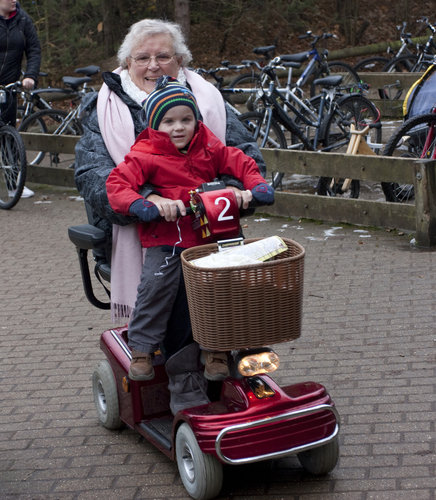 Chronic illness like Pulmonary Fibrosis can lead to many important changes in your life. Activities that you used to enjoy can become more difficult or even impossible to perform. As a physician who practices in Arizona, many of my patients are or were ardent golfers. As their illness progressed they often gave up golfing. This led to loss of connection with their golfing friends. Other patients of mine had longstanding interest in ballet or music but once they had to wear oxygen they felt that it was too hard to attend live events or that their oxygen would get in the way of others enjoying the performance.
Chronic illness like Pulmonary Fibrosis can lead to many important changes in your life. Activities that you used to enjoy can become more difficult or even impossible to perform. As a physician who practices in Arizona, many of my patients are or were ardent golfers. As their illness progressed they often gave up golfing. This led to loss of connection with their golfing friends. Other patients of mine had longstanding interest in ballet or music but once they had to wear oxygen they felt that it was too hard to attend live events or that their oxygen would get in the way of others enjoying the performance.
As we limit our activities we often narrow our circle of friends. This can lead to a feed-forward cycle with an ever-narrowing social sphere. Social contact and cultivating our interests are powerful tools that improve quality of life. Failing health represents a challenge but not an impassable obstacle.
I have learned from my patients over the years many lessons about staying connected. I have watched my creative and resourceful patients find ways to remain engaged in their favorite activities and the support that this has afforded is impressive.
Ask yourself what activities are most important to you. Are you a golfer? Are you a sports fan? Do you love music or museums? All of these activities are possible for patients with substantial lung disease. My golfing enthusiast patients taught me that you can wear your oxygen while you play golf. You can take the golf cart to the Tee. Play 9 holes and enjoy your friends’ company for the back half of the course. If you are a sports fan, have friends over. Most sports stadiums or arenas accommodate wheelchairs very easily. Bring your oxygen and cheer for your team. Museums offer scooters that make the long distances effortless. If you use oxygen, no worries, just put it in the scooter.
For my patients with very advanced lung disease, energy conservation is important. Have friends over to your home for shorter periods of time. Enjoy a meal with friends and family. Plan ahead and don’t be shy about using a wheelchair or scooter if you need. There is no shame in using oxygen in public. If you had a broken leg would you forgo crutches?
Remain connected to your family, friends and favorite activities.